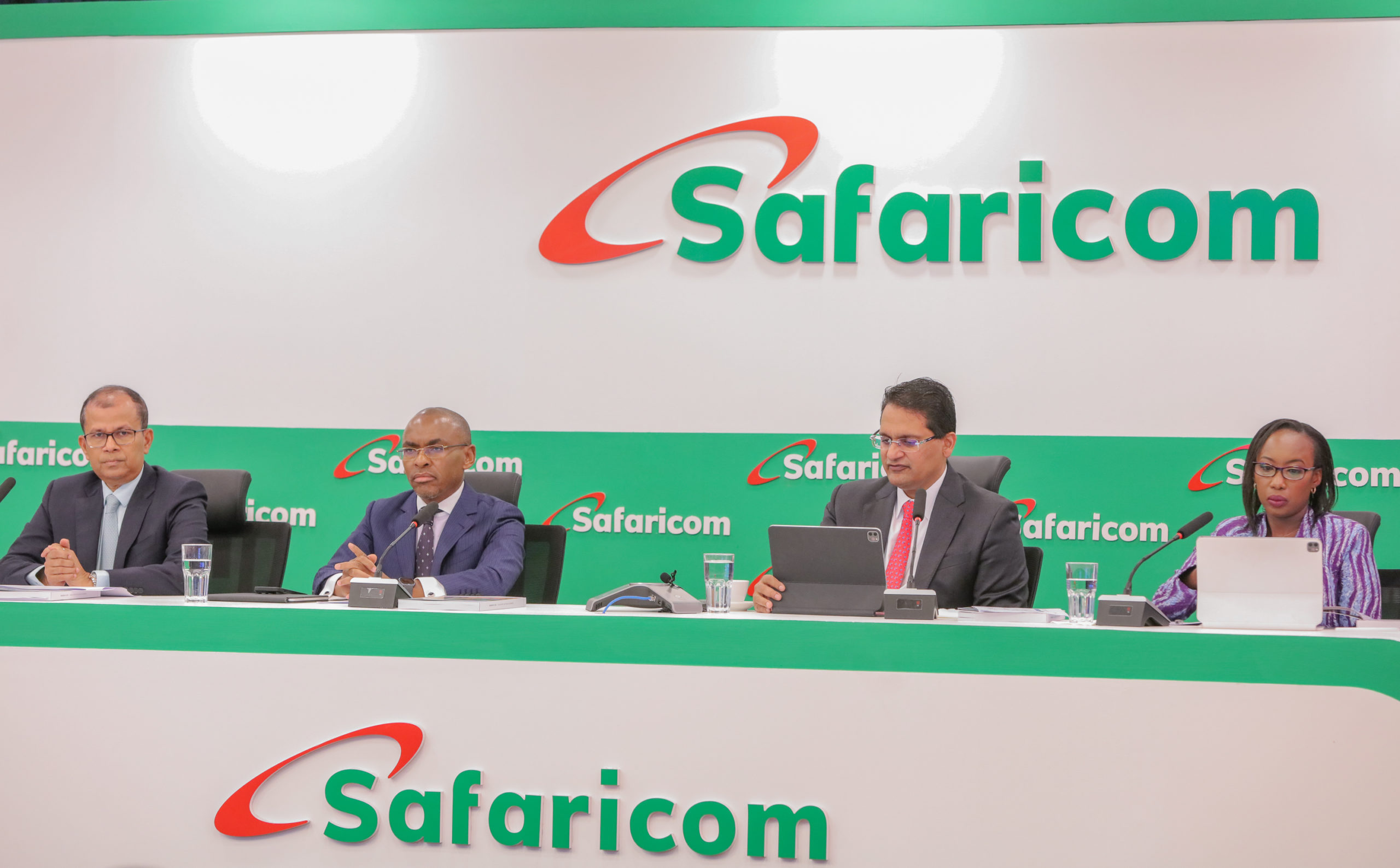In Safaricom’s recently released half year unaudited results the company grew its customer base by 11.3 percent reaching a total of 48.24 million customers, It also increased total active customers by 9.9 percent reaching 35.86 million helping them maintain their 66.1 percent dominant market share.
The company increased it service revenue by 9.9 percent to KES 159.1 billion with the growth driven by strong growth in M-PESA and mobile data segments. The group’s net income also grew by 2.1 percent year-on-year to KES 34.4 billion.
Commenting on the strong financial performance Peter Ndegwa Safaricom CEO stated “Our performance in Kenya is supported by efficient strategy execution focused on delighting our customers and is coupled with resilient governance practices,”
He further added “We are committed to investing in our network and technology infrastructure, broadening our product range, and leveraging emerging technologies to enhance our participation in the digital ecosystem,”
Safaricom also made substantial investments during this period, with a capital expenditure of KES 41.89 billion. With a significant portion of the capital being directed towards expanding operations in Ethiopia.
“We remain diligent in ensuring that management continues to build on this momentum, executing the strategy as approved by the Board. We are cognizant of the longer than expected headwinds and economic challenges encountered in both Kenya and Ethiopia,” said Adil Khawaja Safaricom Group Chairman
Safaricom’s Ethiopian subsidiary continues to grow adding 7.0 million new customers since launch.
Voice revenue decreased by 3.0 percent year-on-year to KES 38.69 billion. Messaging revenue, on the other hand, grew by 6.0 percent year-on-year, supported by a 10.7 percent year-on-year increase in Average Revenue Per User (ARPU) to KES 45.85.
M-PESA, recorded a 16.5 percent increase in revenue to KES 66.23 billion. Driven by a 12 percent increase in average customer spend to KES 344.05 to remain Safaricom’s highest earner of revenue. Its mobile data revenue also grew by 12.5 percent reaching KES 29.59 billion.
















